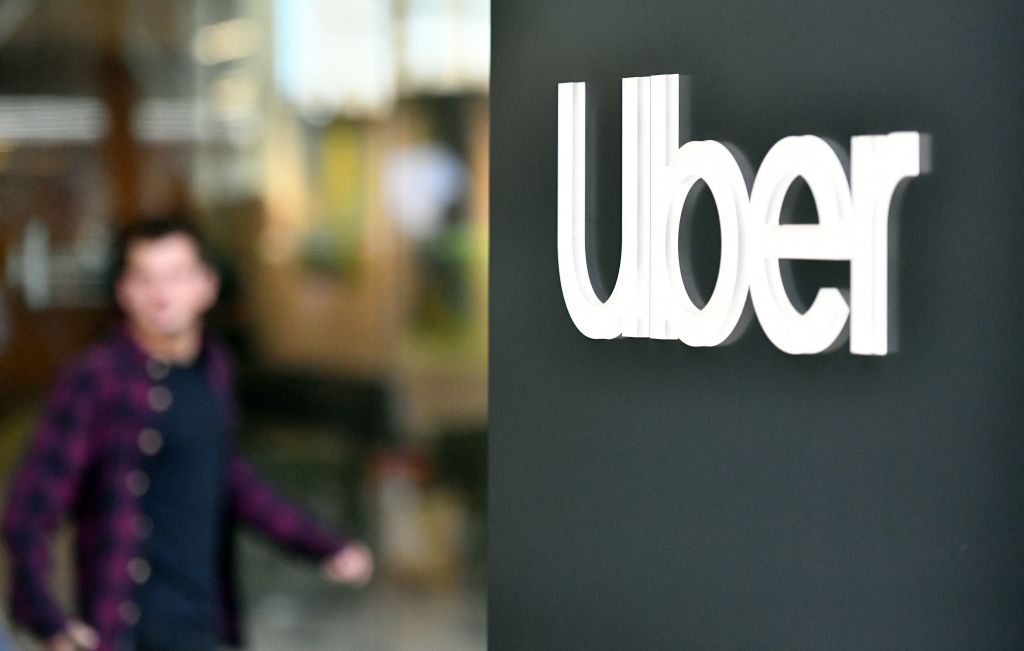On Monday, the Federal Trade Commission (FTC) initiated a lawsuit against Uber, alleging that the company had been charging customers for its Uber One subscription service without obtaining their consent. Additionally, the lawsuit claims that Uber failed to provide the promised savings through its subscription service and made the cancellation process excessively difficult, despite advertising a “cancel anytime” policy.
Uber has denied any wrongdoing, stating that the FTC rushed the investigation and based its claims on unverified allegations.
This lawsuit comes on the heels of the FTC’s efforts to make subscription services easier to cancel, as overseen by its previous director, Lina Khan. In October 2024, the agency implemented its “click to cancel” rule, which requires companies to make canceling a subscription as straightforward as signing up for one. Although the rule has faced challenges from industry groups, it is expected to take effect on May 14.
“Consumers are fed up with being signed up for unwanted subscriptions that are nearly impossible to cancel,” stated FTC Chairman Andrew Ferguson. “The FTC is taking action on behalf of the American people.”
The FTC’s complaint, which follows an investigation that began last year, alleges that Uber customers were misled into believing they would save $25 per month. However, the complaint states that Uber fails to account for the subscription fee (up to $9.99/month) when calculating these savings.
As noted in a statement from the FTC, “Uber also conceals important information about the subscription, such as using small, greyed-out text that consumers can easily overlook.” The complaint further accuses Uber of automatically charging customers who signed up for a free trial before their billing date.
Moreover, the complaint alleges that Uber makes it extremely difficult for customers to cancel their subscriptions, requiring users to navigate up to 23 screens and take up to 32 actions to complete the cancellation process. These actions include explaining why they want to cancel, dealing with Uber’s attempts to persuade them to pause their membership, and being presented with offers to stay.
Some users have reported being told to contact customer support to cancel, but were not provided with a means to do so. Others claim that Uber charged them for an additional billing cycle after they requested cancellation and were waiting to hear back from customer support.
Uber has since clarified that customers who want to cancel within 48 hours of signing up are no longer required to contact customer support. However, it is unclear when this policy change was implemented.
The plaintiffs are seeking a court order to prohibit Uber from continuing its alleged deceptive practices and to require the company to provide monetary relief to affected customers.
In response to the lawsuit, an Uber spokesperson stated, “We are disappointed that the FTC has chosen to pursue this action, but we are confident that the courts will agree with us that Uber One’s sign-up and cancellation processes are clear, simple, and comply with the law.” The spokesperson added that Uber does not sign up or charge consumers without their consent and that cancellations can now be done in-app, typically taking less than 20 seconds.
Tim Muris, a former FTC chair who represented Uber during the investigation, accused the FTC of failing to conduct a thorough investigation and basing its complaint on “misunderstandings of both the facts and the law.”
Uber’s current outside counsel, Christine Wilson, expressed disappointment with the FTC’s investigative process, stating that it was “rushed” and included “unvetted allegations” at the last minute.
Uber One’s membership base has reached 30 million across 34 countries, with the company reporting 60% year-over-year growth. Last year, Uber CEO Dara Khosrowshahi estimated that Uber One’s membership fees would exceed $1 billion in 2024.
Source Link





